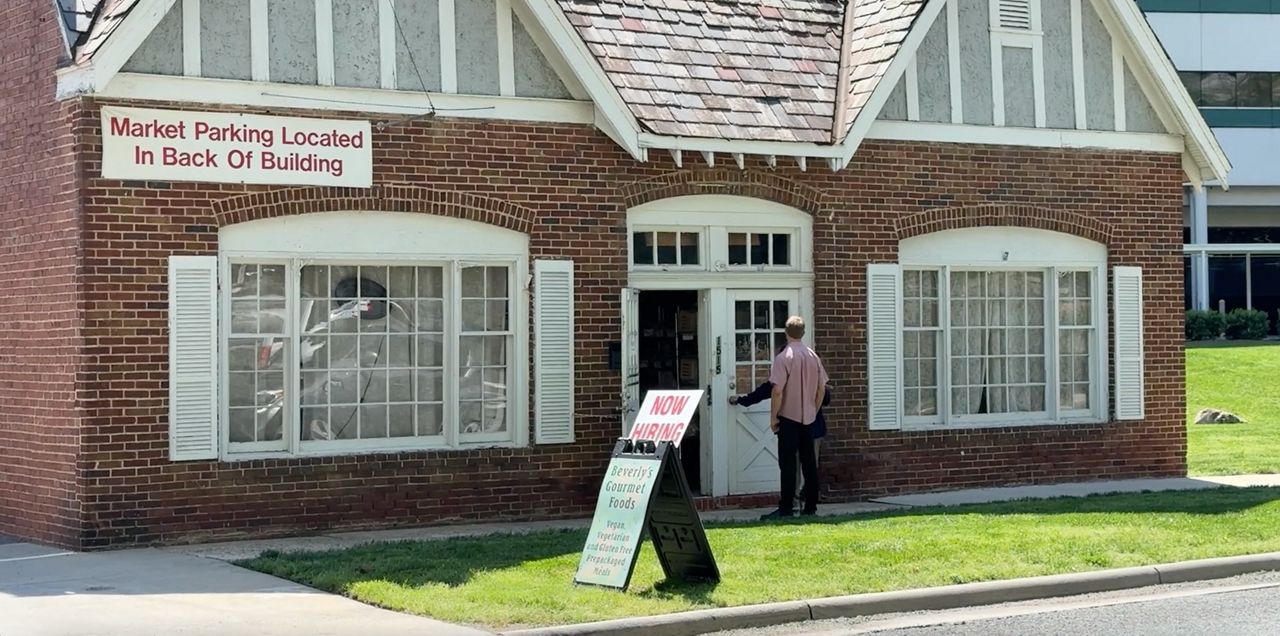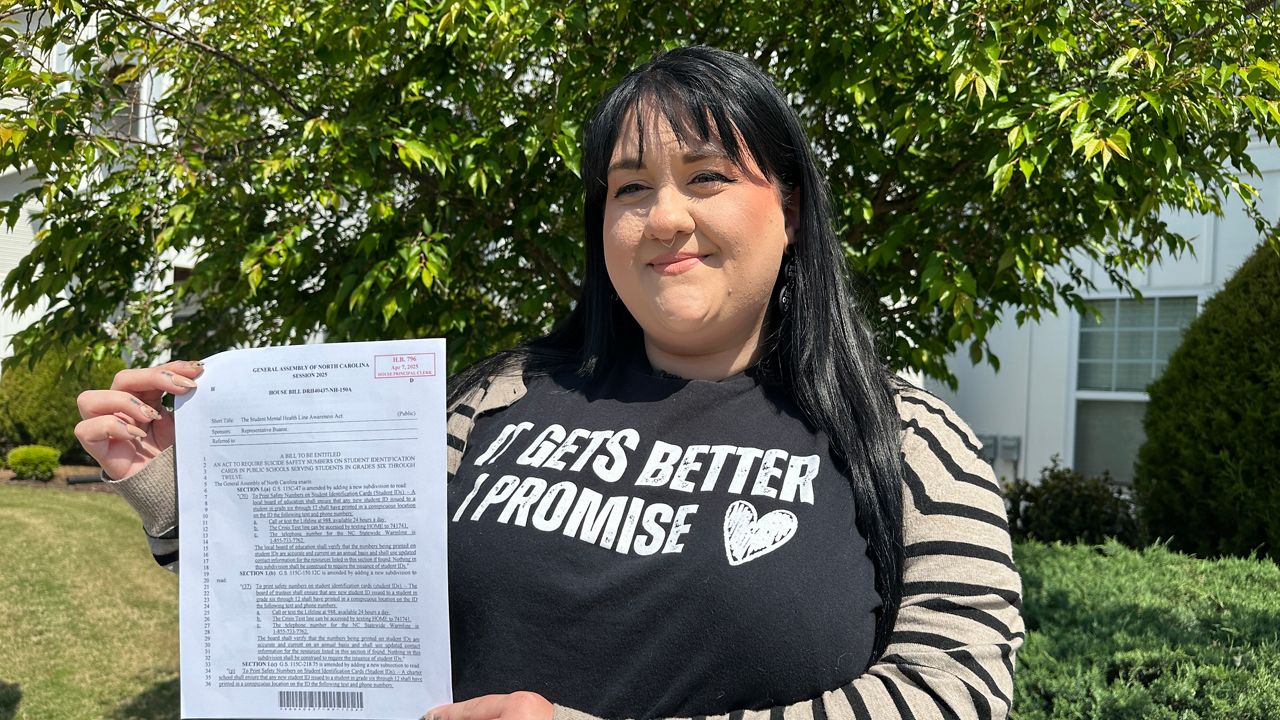CHARLOTTE, N.C. — As businesses prepare for the impact of tariffs, a family-owned grocery store in Charlotte said its prices have not gone up yet.
Mecklenburg County Market has been open for nearly a century in Charlotte. They work closely with local farmers and sell their fruits and vegetables in their store.

“What makes the store unique is the fact that if there is any local produce available or grown in season around North or South Carolina, we will have it here,” Gavin McLaughlin, the store’s manager, said. “We still make it a priority to have just about all produce. Even if it's not locally grown, we'll still get stuff imported from California, up north or mostly Florida if it's not grown around here.”
McLaughlin has been preparing for his produce bill to increase since the Trump administration announced sweeping tariffs on nearly all imports.
“The prices that we're paying from wholesalers have not changed yet,” he said. “But, I have talked to some of the local farmers, and they've pointed out that a lot of their prices are going up.”
While most prices have remained low, McLaughlin said blueberries became more expensive in the last week.
“Blueberry prices do fluctuate up and down throughout the year and until we get local berries in,” he said. “A lot of our blueberries that are not grown locally, that come from out of the country like Argentina and Peru, those prices have increased drastically. The customer could be paying anywhere from $3 to $5 more per pound on blueberries in the coming weeks. But, that is not totally out of the ordinary. For this time of year, I have seen blueberries go up to $40 and $60 for a case.”
Mecklenburg County Market is also keeping an eye on the price of containers.
McLaughlin's mother, Beverly, makes meals, soups and salad dressings that she packages and sells in the store. She said each container costs 50 cents, but they could soon go up to $1 each.
“I don't think that the prices that we are paying for produce packaging and for prepared foods packaging have gone up enough for us to increase our prices, but that could change in the coming weeks,” McLaughlin said.
To keep grocery bills low, McLaughlin encourages the public to buy products that are grown and sourced locally.
“Local farmers tend to have cheaper prices because when we're importing stuff from Florida, other countries or California. We're already going to be paying more for those items than we will from local farmers because they don't have to be transported as far,” he said.











